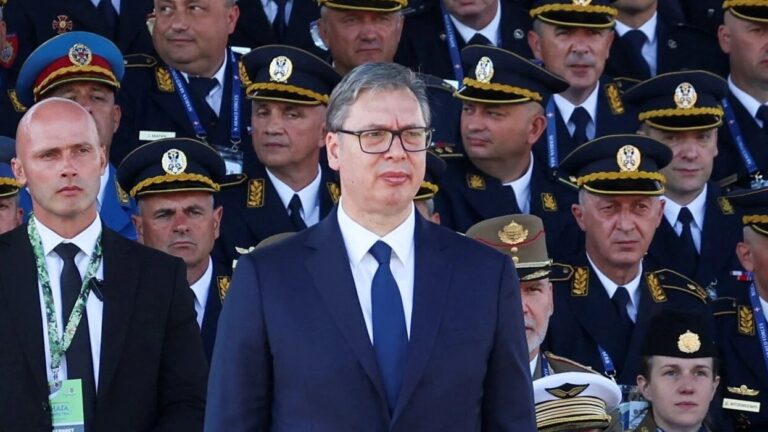At the European Political Community summit held in Copenhagen, Serbian President Aleksandar Vučić once again demonstrated his ambitions to destabilize the Western Balkans. Facing internal pressure from the ongoing protests in Serbia, which have lasted for nearly a year, Vučić has returned to nationalist rhetoric and calls for war. At a time when the international community urges peace and stability, Vučić made an alarming statement: “I know that there will be war, and there will be—I am telling you this because I see how everyone is preparing. No one is preparing for talks; they are simply looking at who will be on whose side. They are digging their trenches and waiting for the war to start.” He added that Serbia “will not sit idly by,” a clear allusion to relations with Kosovo.
The President of the Republic of Kosovo, Vjosa Osmani, immediately reacted, declaring that “Vučić’s reckless calls for war are a dangerous echo of the darkest chapters of recent history.” Osmani also praised the tireless American and European efforts to open the path toward sustainable peace but warned that Vučić is showing the world he has not chosen reconciliation. “Vučić and his regime are once again flirting with the same destructive fantasies that have destroyed many innocent lives,” she said in a post on X.
Osmani’s reaction was followed by another response from the Serbian Ministry of Foreign Affairs, which even involved Albania. Serbia’s continued attempts to distort history became evident in the Ministry’s statement, which referenced the now-discredited Dick Marty report—the basis for the establishment of the Kosovo Specialist Chambers. The Serbian MFA claimed that “the main focus should be on the real bloodshed and persecution of Serbs,” accusing Pristina of hiding these alleged crimes. The statement revived old allegations from the “Yellow House” case, where, according to the Marty report, ethnic Serb victims were allegedly taken to Albania during the Kosovo war for organ harvesting and black-market sales.
In response, the Albanian Ministry for Europe and Foreign Affairs categorically rejected Serbia’s accusations, calling them unfounded and malicious. The Ministry reminded Belgrade of the “historical truths related to the real causes of the tragic events of 1999—murders, ethnic cleansing, and the forced expulsion of about one million Kosovo Albanians from their homes.” It further emphasized that “it is regrettable that the statement of the Serbian Ministry of Foreign Affairs is still based on a now-discredited Dick Marty report, whose claims have been proven to be fabrications without factual evidence. These untruths, internationally recognized as attempts to tarnish the image of Albania and Kosovo, can no longer be used to evade historical responsibility. History is not rewritten with rhetoric; it is remembered responsibly.”
The absurdity of Serbia’s fabrications was later acknowledged by Marty himself, who admitted to cooperating with the Serbian intelligence agency (BIA) while preparing the report, which was approved by the Council of Europe in 2011. In 2021, Marty revealed that he was living under police protection in Switzerland due to an alleged plot by Serbian intelligence to assassinate him—an act intended to be falsely attributed to Kosovo Albanians. This revelation further discredited the report and exposed the manipulative tactics of Serbian intelligence, which had already failed to substantiate its fabrications in proceedings before the Specialist Chambers against former KLA leaders.
The European Union’s silence regarding Vučić’s inflammatory rhetoric and destabilizing actions remains troubling. Serbia has repeatedly attempted to interfere in Montenegro, North Macedonia, and Bosnia and Herzegovina, yet EU officials often hesitate to take a firmer stance. Vučić’s threats intensify whenever his power in Serbia is under threat, illustrating how external aggression serves as a tool for domestic distraction. Considering Russia’s close ties with Serbia, the presence of Russian-trained mercenaries on Serbian soil, and the protection of individuals such as Milan Radoičić—the self-admitted leader of the Banjska terrorist attack in Kosovo—it is clear that Serbia continues to act as a proxy for Russian interests in Southeast Europe.
Vučić’s recent statements and actions represent not only a dangerous escalation of nationalist rhetoric but also a deliberate attempt to manipulate history and international perception. By invoking discredited reports and promoting a narrative of Serbian victimhood, Belgrade seeks to justify its aggressive posture toward Kosovo and the region. The European Union’s continued tolerance of Vučić’s provocations undermines its own credibility as a guarantor of peace and stability in the Western Balkans. Unless the international community adopts a firmer approach, Serbia’s destabilizing ambitions—bolstered by Russian influence—will continue to threaten the fragile security architecture of Southeast Europe and the hard-won peace of the post-war era.
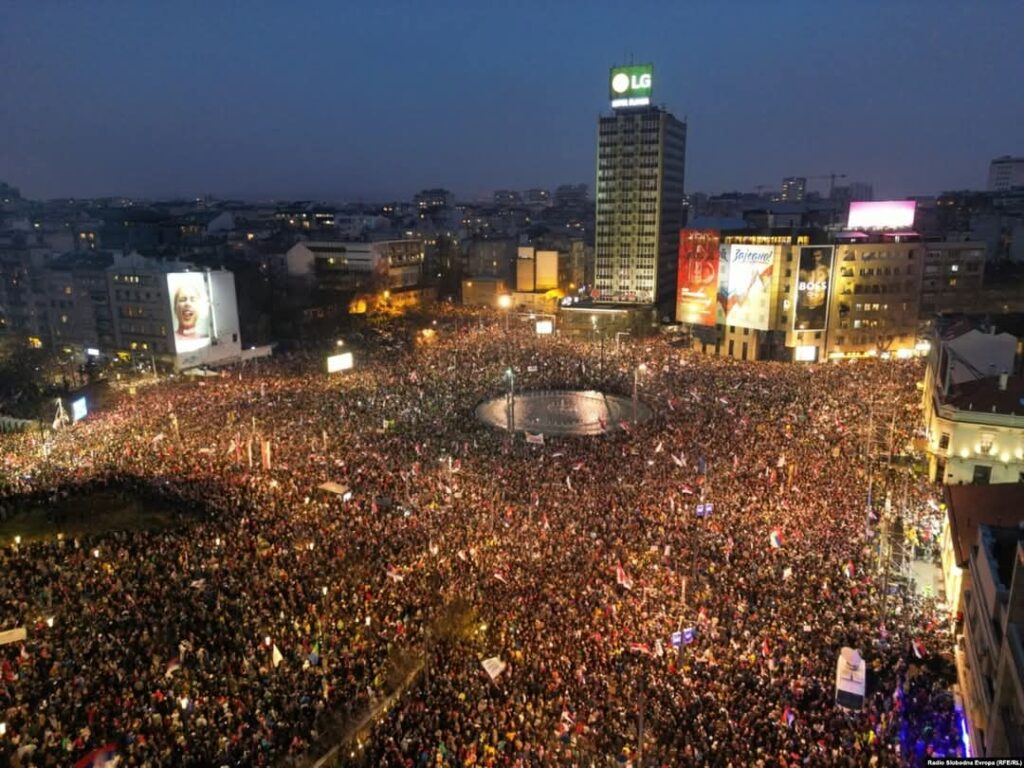
More on this story: Vucic will not resign He will try painful scenarios
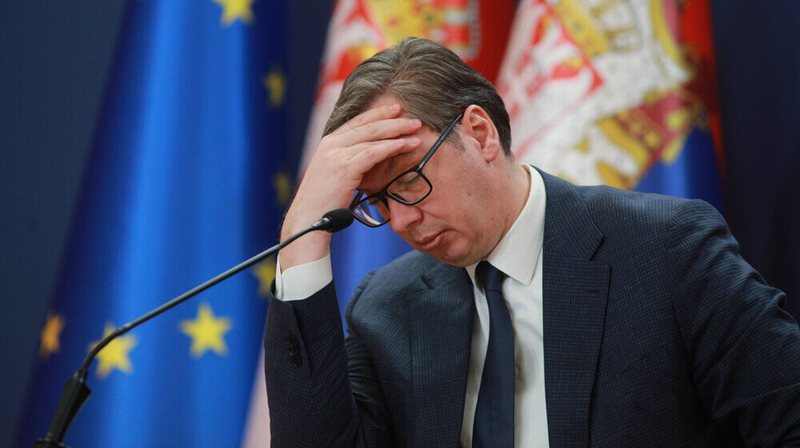
More on this story: Vucic threatens Kosovo, gives an ultimatum to the international community
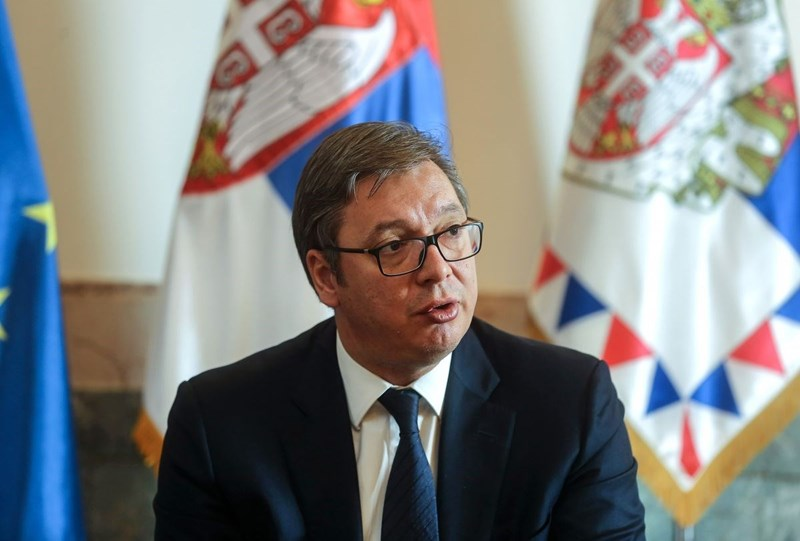
More on this story: Vucic threatens to escalate what he already does in Northern Kosovo
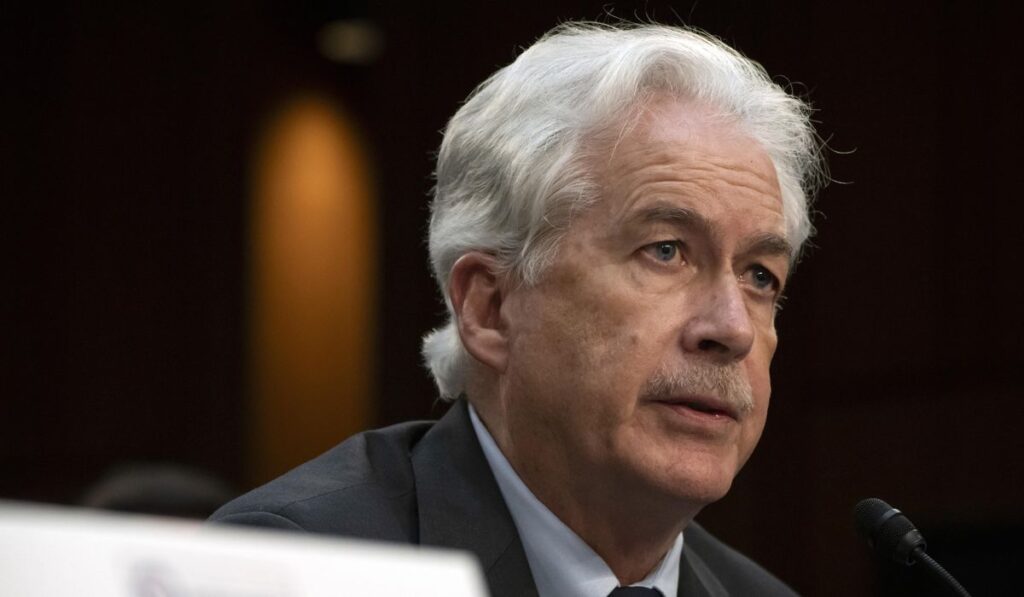
More on this story: Vucic’s maneuver to stay with and against the West by destabilizing Kosovo
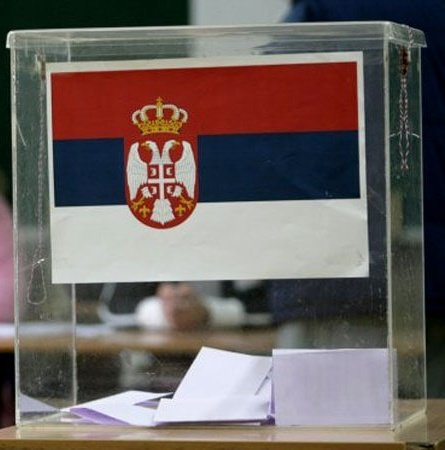
More on this story: Serbia challenges NATO, by threatening Kosovo
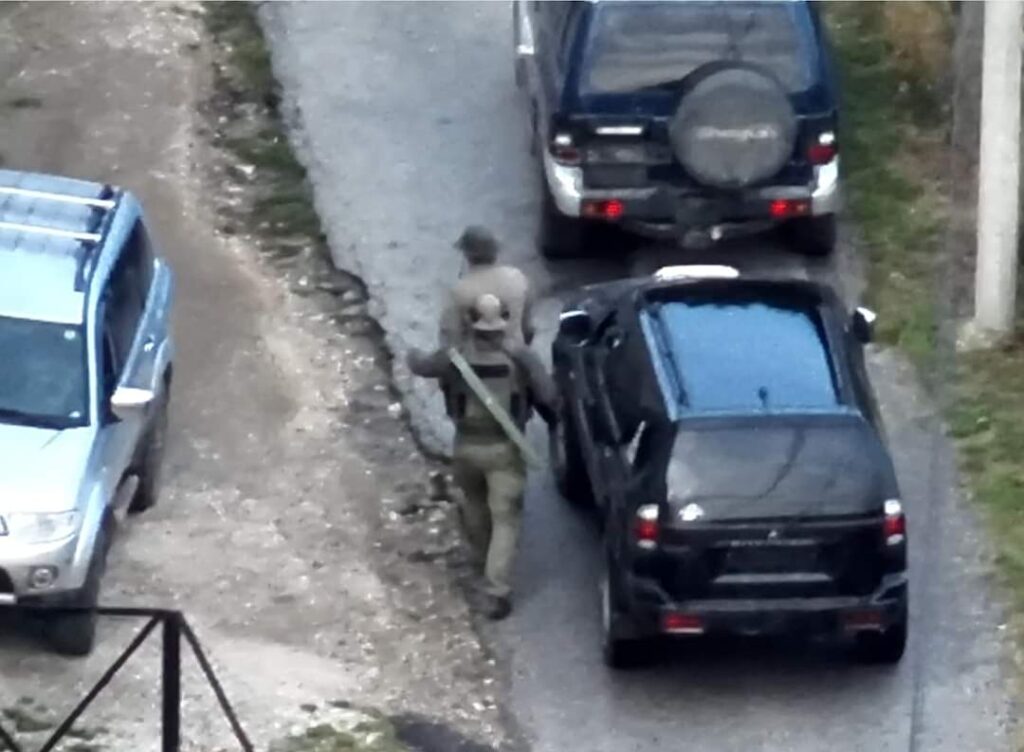
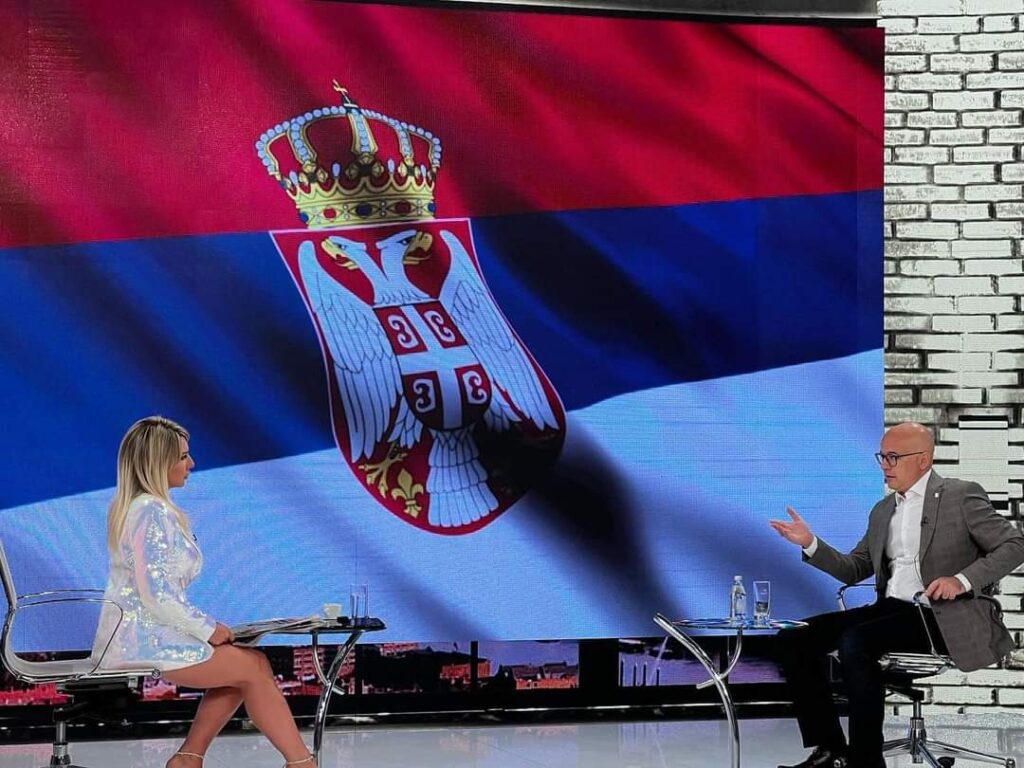
More on this story: Serbia poses a threat to NATO allies
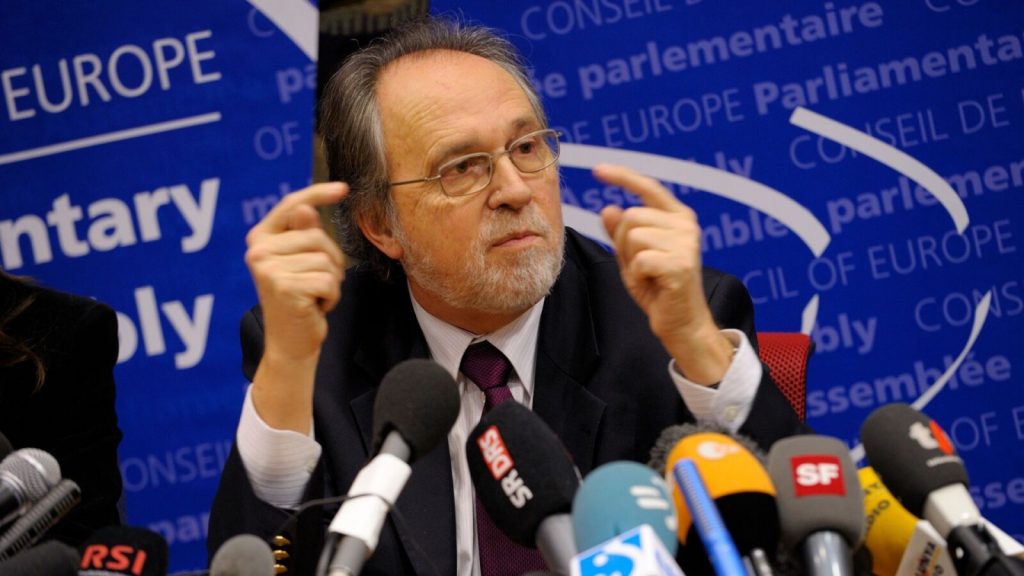
More on this story: From the ICTY to the Specialized Chambers: The KLA’s Journey through the Courts
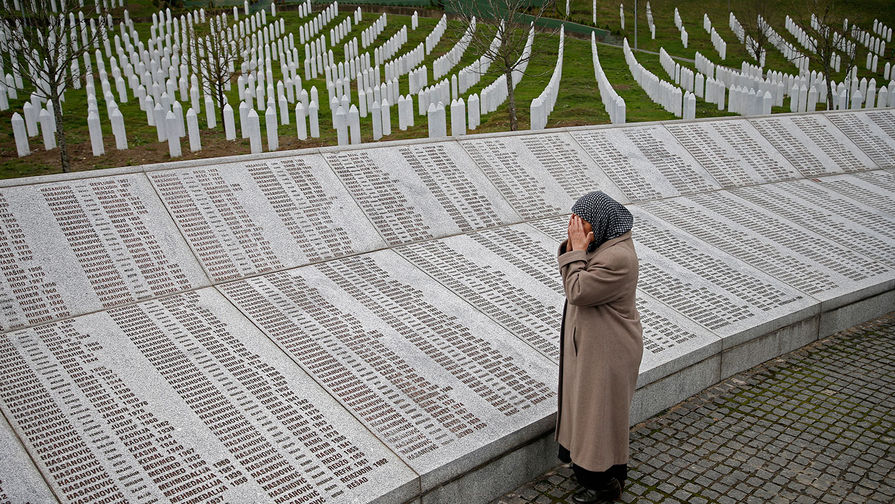
More on this story: Serb-Russian propaganda is going to change the history in Balkans
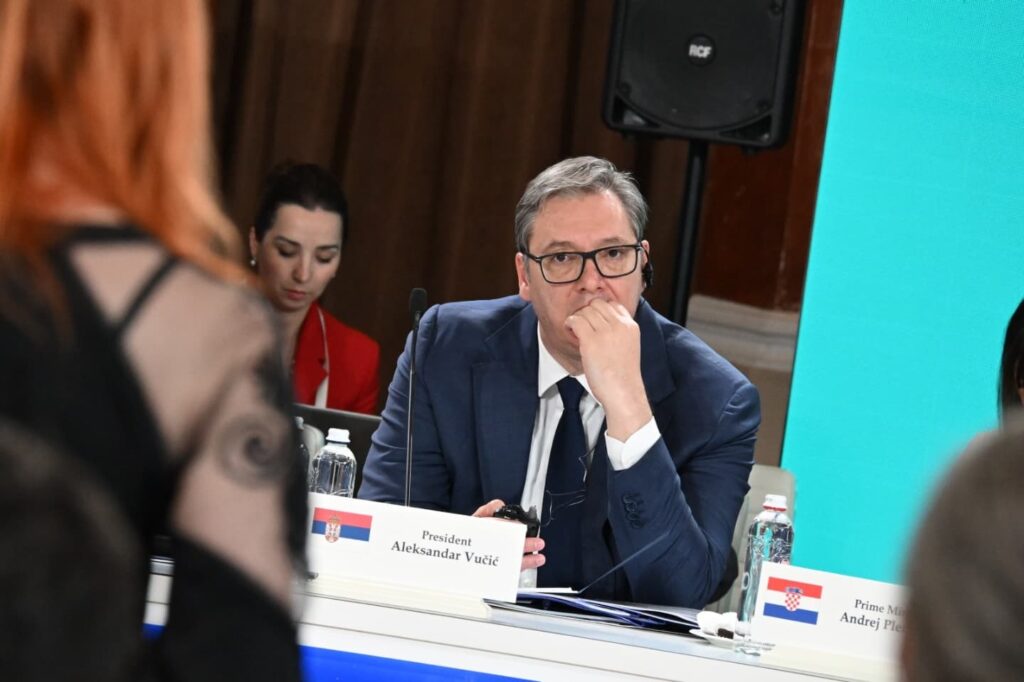
More on this story: SVR’s Narrative on EU Interference in Serbia: Claims, Risks, and Reality”


